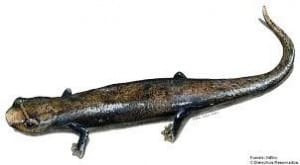The Tortuguero coast in Costa Rica is a 22-mile-long, desolate, volcanic black sand beach littered with driftwood and tree logs tossed up on shore from the untamed ocean. It is a wild place – like the imaginary jungle coast in Maurice Sendak’s “Where the Wild Things Are.” There is nothing but beach and low, swampy jungle for miles and miles. You can’t swim here because of rough surf, strong currents and sharks that will eat you – adding to the isolation.
Known as Costa Rica's “little Amazon” for



